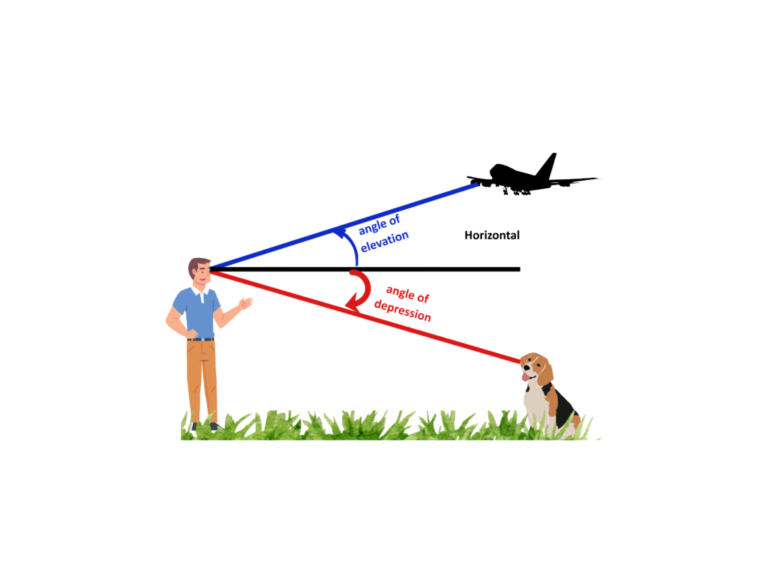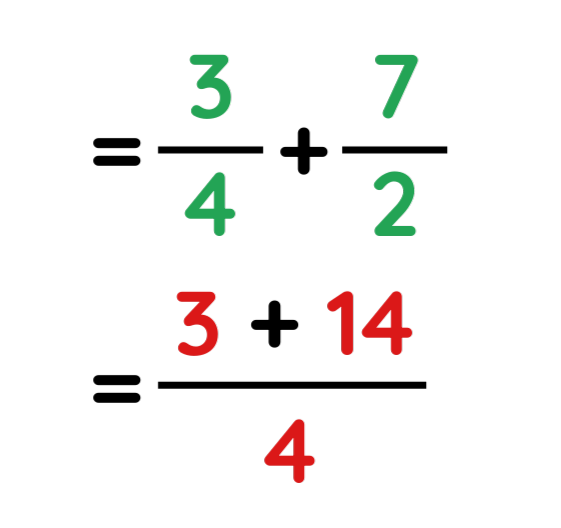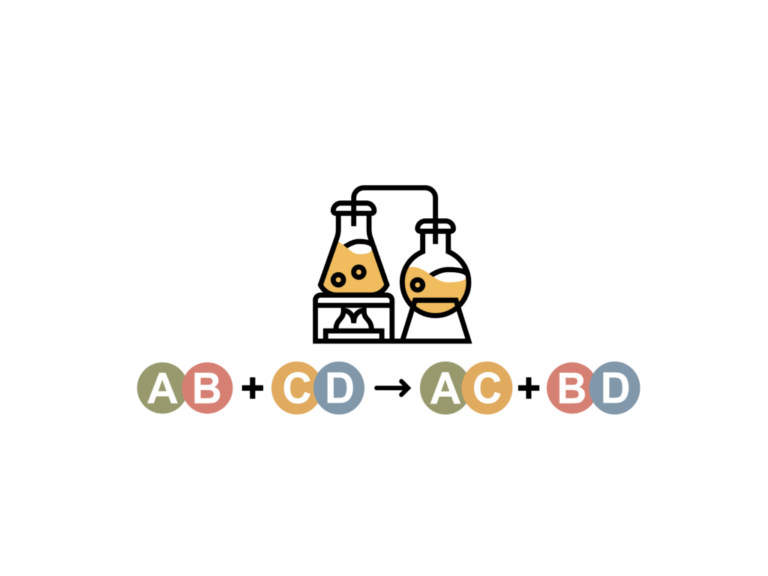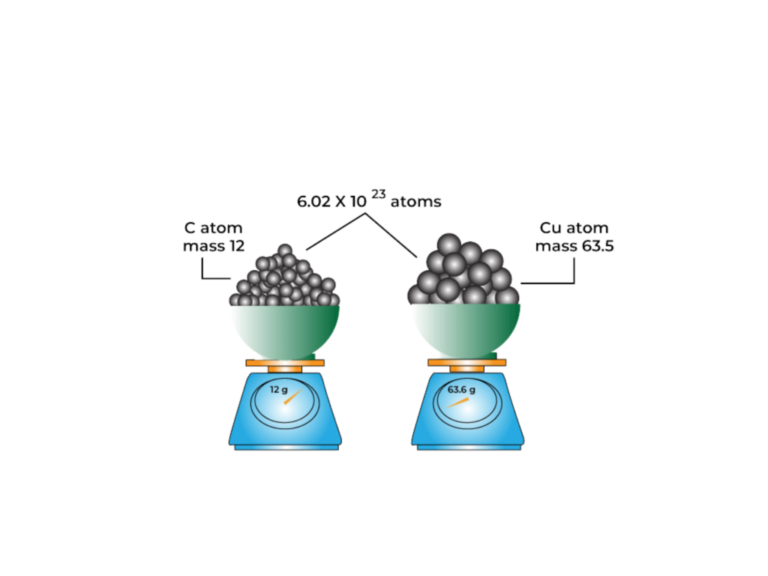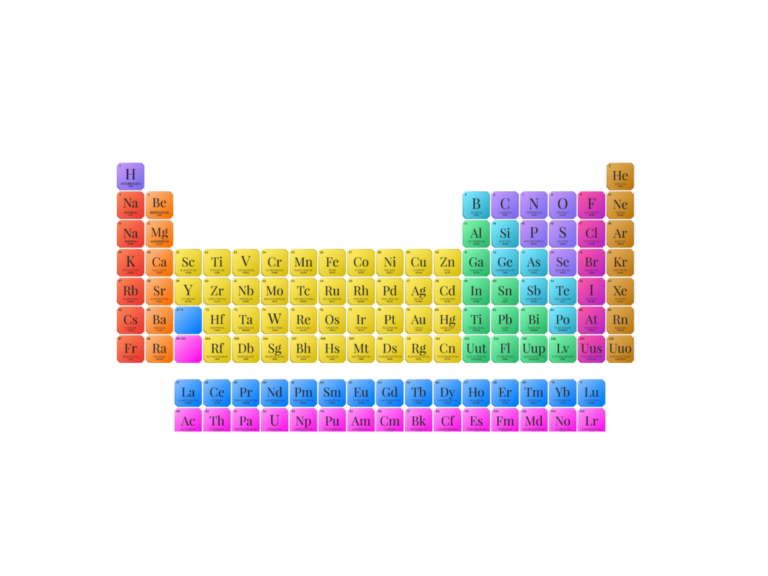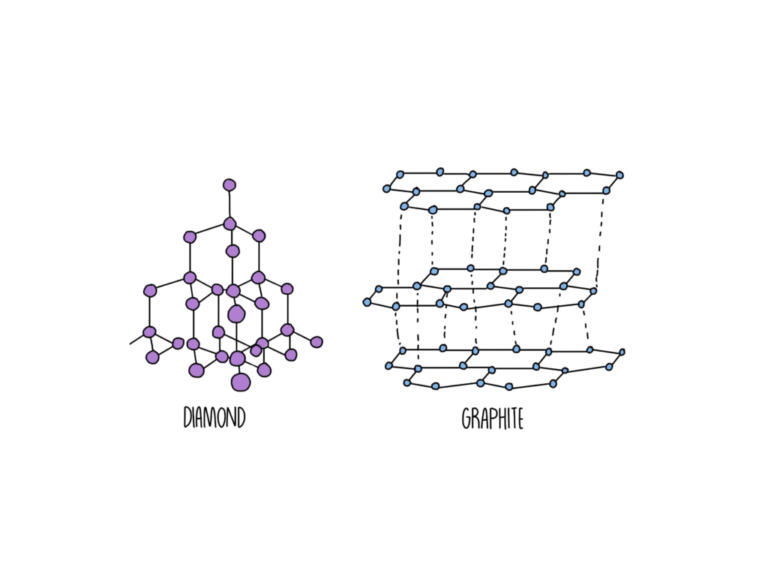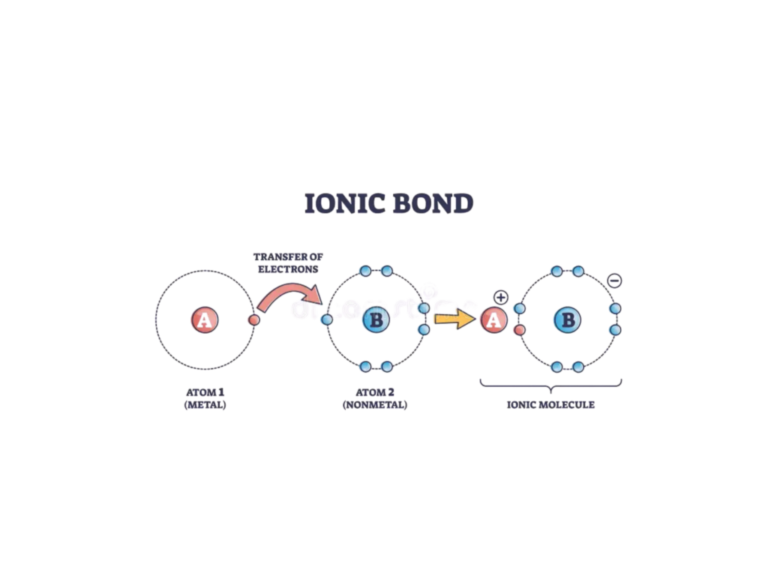Trigonometry – GCSE Maths | Explanation with Examples
Trigonometry – GCSE Maths Practice Questions Downloads Introduction Trigonometry is all about Triangles. It is a branch of mathematics that deals with the relationships between the angles and sides of triangles—especially right-angled triangles. Basics of Trigonometry Trigonometry is the study of the relationship between the angles and sides of triangles. 1. Why do we use…


